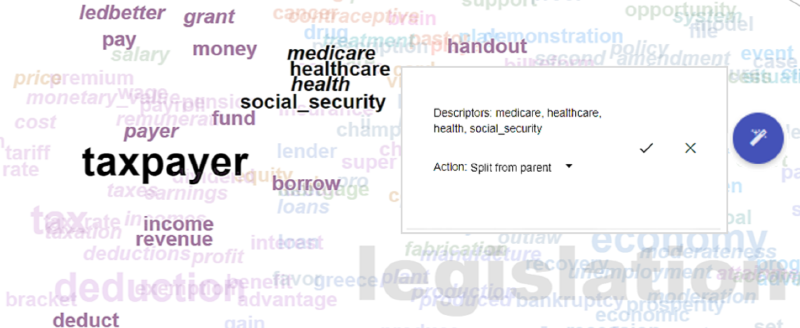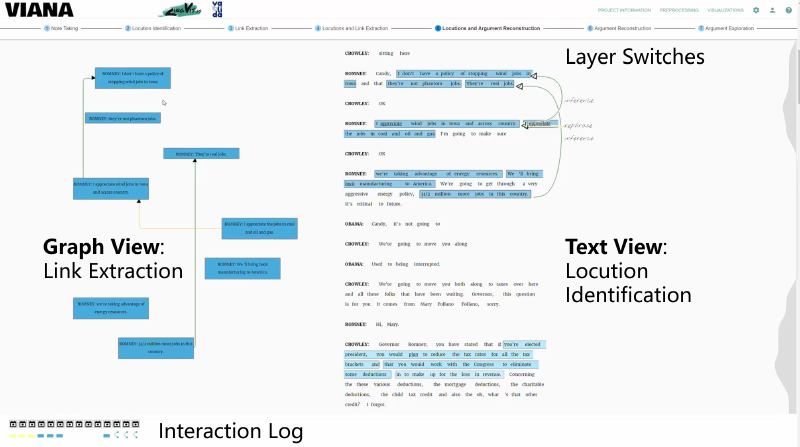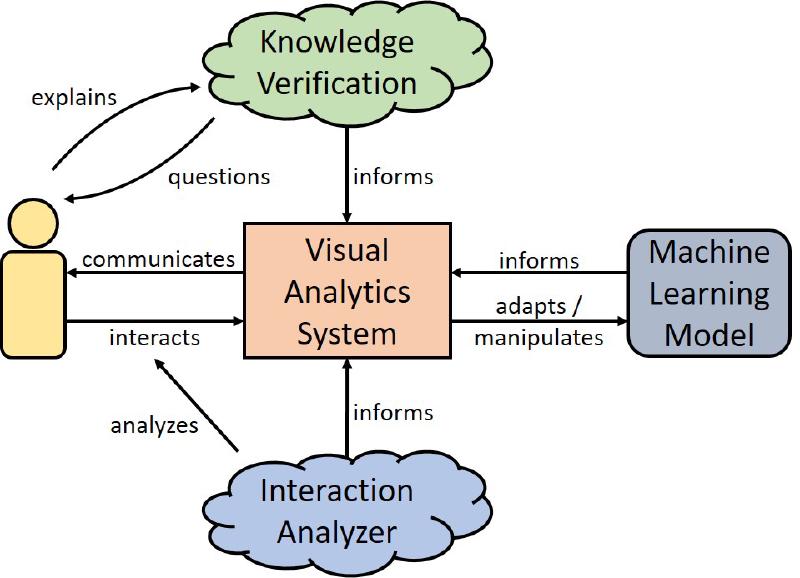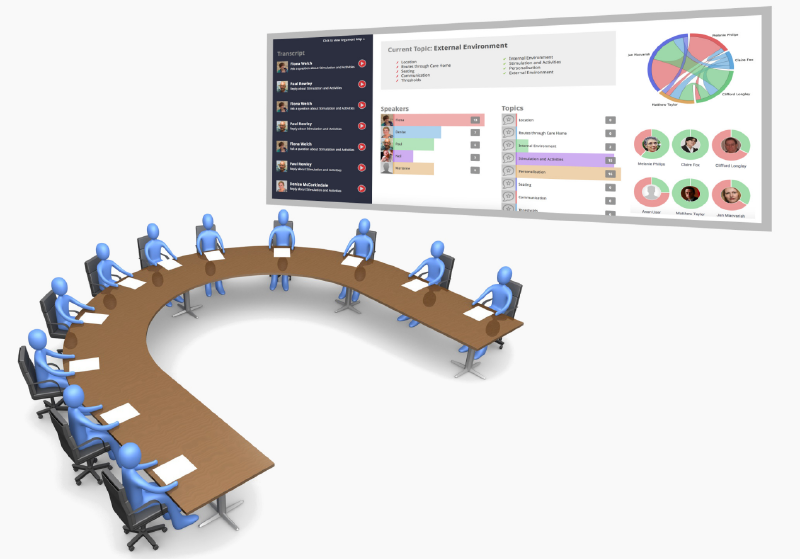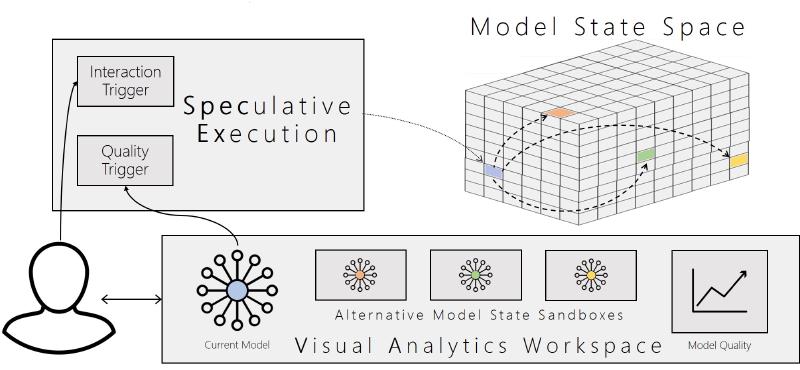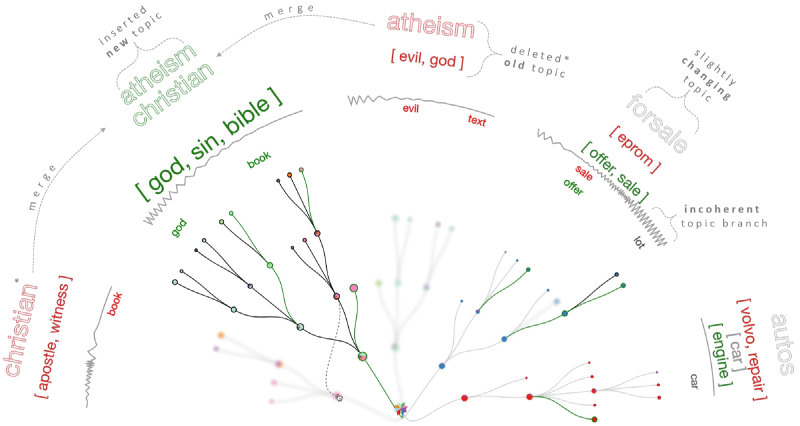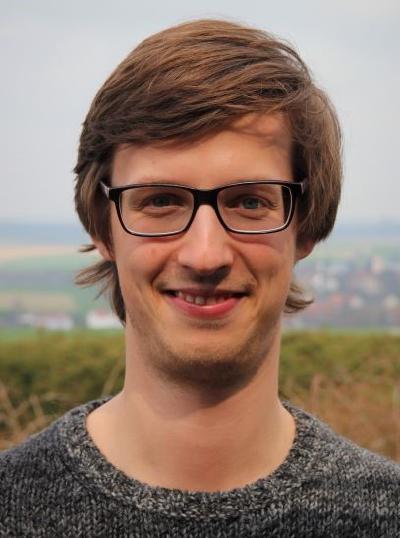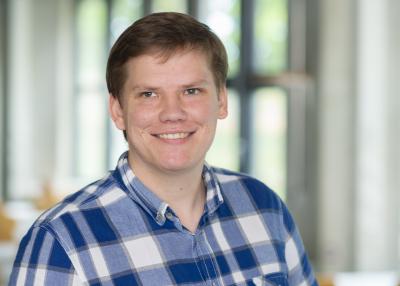Project Description
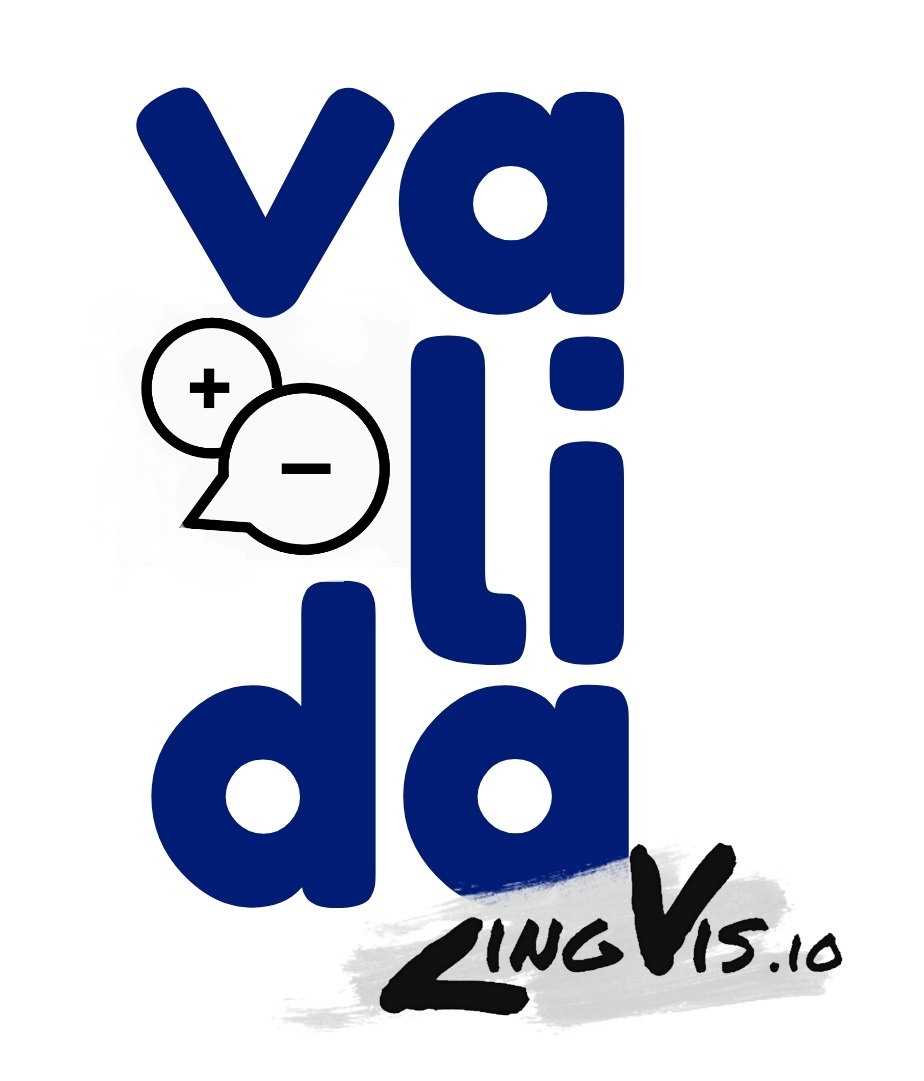 The project VALIDA addresses two core components of the SPP 1999, namely Deliberation and Reconstruction. It combines expertise from computer science, computational linguistics, and political science at the University of Konstanz (principal investigators: Prof. Miriam Butt, PhD , Prof. Dr. Katharina Holzinger and Prof. Dr. Daniel Keim).
The project VALIDA addresses two core components of the SPP 1999, namely Deliberation and Reconstruction. It combines expertise from computer science, computational linguistics, and political science at the University of Konstanz (principal investigators: Prof. Miriam Butt, PhD , Prof. Dr. Katharina Holzinger and Prof. Dr. Daniel Keim).
We seek to investigate the deliberative quality of an exchange of arguments in a political debate and to provide an automatized post hoc analysis of the type, content and solidity of the arguments. We see our project as contributing towards ensuring greater transparency in understanding and evaluating the process of argumentation and, ultimately, decision making.
We build on linguistic insights, methodological advances, experiences and computational tools developed in a previous project, VisArgue, in which we proposed an operationalization of the ideas behind the theory of deliberative democracy. We filled the dimensions of the operationalization with quantifiable linguistic and extralinguistic cues. We used this data as the basis for a series of visual analysis tools, but we did not apply the information towards extracting or classifying chains of arguments from the dialog. In this project, we focus on investigating the deliberative quality of a given debate or exchange of arguments by extracting both explicit and implicit arguments from that debate and by providing information about the relation of these arguments towards one another along with indications as to the rhetorical framing of these arguments.
The central aim is to develop a Visual Analytics system for German and English data that focuses on understanding deliberative argumentation in a debate. In order to provide this system with a sound theoretical basis that can have general applicability, we will pair the parsing results of the VisArgue pipeline and further extracted information on the rhetorical framing of arguments with Inference Anchoring Theory (IAT), a theoretical framework for discourse parsing and argument mining in dialogical data. We also intend to place a focus on establishing argumentation schemes, gaining insight into how participants in a deliberative process contribute in order to arrive at a conclusion. Our methodological contribution spans several subfields. By way of Visual Analytics we combine the various complex levels of linguistic information and computational models of argumentation, generating a scalable at-a-glance overview of the reasoning process. As input to the system, we provide a hybrid technology which combines information from rule-based linguistic work with information extracted via statistical calculations from both raw and annotated dialogue data. With respect to computational linguistics, we provide a new, multilayered annotation scheme that combines information about discourse and argumentation as defined in IAT with information about the rhetorical framing that can be gleaned from the linguistic cues in the data.
